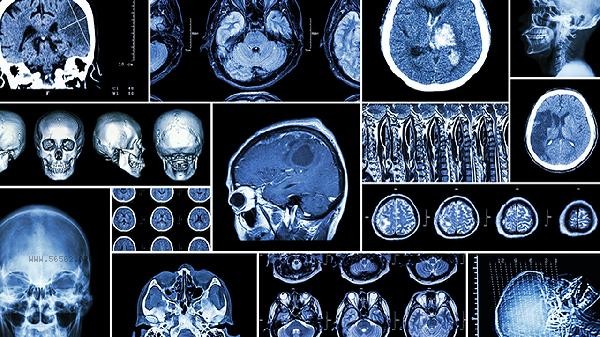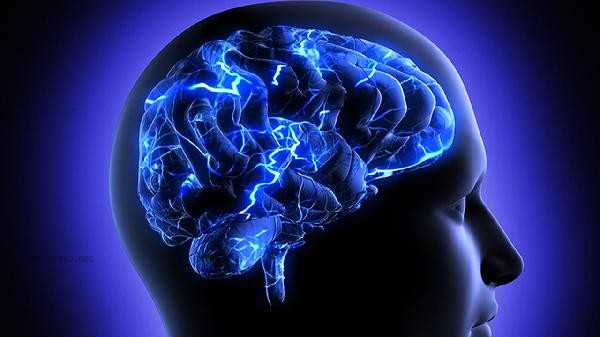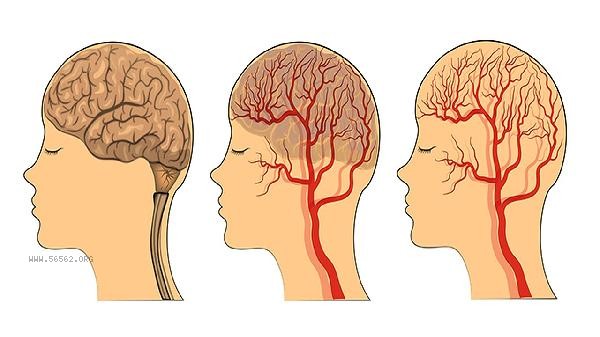The absence of drowsiness in the brain may be related to sleep rhythm disorders, psychological stress, excessive caffeine intake, environmental interference, and disease factors. Long term lack of drowsiness may affect physical function, and it is necessary to adjust lifestyle habits or seek medical examination based on specific reasons.

1. Sleep rhythm disorder
Dysregulation of circadian rhythm is a common cause, such as frequent staying up late, traveling across time zones, or working shifts, which can lead to circadian rhythm disorder. Melatonin secretion is delayed, and the brain cannot send out sleep signals in a timely manner. It is recommended to have a fixed daily routine and increase exposure to light during the day to help reset the biological clock.
2. Psychological stress
Emotional problems such as anxiety and depression can continuously activate the sympathetic nervous system, leading to an increase in cortisol levels and inhibition of drowsiness. Long term mental stress may be accompanied by symptoms such as palpitations and frequent dreaming. Mindfulness training can relieve stress, but in severe cases, psychological intervention is needed.
3. Excessive caffeine intake
Drinking more than 400 milligrams of caffeine per day or consuming it in the evening can block adenosine receptors and affect sleep. Some people have a slower metabolism of caffeine and may experience sustained wakefulness. In the afternoon, one should avoid drinking caffeinated beverages such as coffee and strong tea.

4. Environmental interference
Excessive lighting, noise interference, or uncomfortable temperature in the bedroom can all hinder the formation of sleep readiness. The use of blue light devices can inhibit melatonin secretion. It is recommended to create a dark and quiet environment one hour before bedtime and maintain a room temperature of around 20 degrees Celsius.
5. Disease factors
Diseases such as hyperthyroidism and restless leg syndrome may lead to sleep disorders. Hyperthyroidism patients often have symptoms of metabolic hyperactivity, and restless leg syndrome can cause discomfort in the lower limbs. Targeted treatment is required after a clear diagnosis is made through blood tests and multi-channel sleep monitoring.

To improve sleep, it is necessary to establish a regular schedule and avoid vigorous exercise and exciting activities before bedtime. Limit caffeine intake in the afternoon and avoid overeating for dinner. Create a suitable sleeping environment, and if necessary, use traditional Chinese patent medicines and simple preparations for short-term adjustment. If there is still no drowsiness after adjusting lifestyle, it is recommended to seek medical attention from a neurology or sleep specialist to rule out the possibility of organic diseases. Long term sleep deprivation may increase the risk of cardiovascular disease and cognitive impairment, and should be taken seriously.








Comments (0)
Leave a Comment
No comments yet
Be the first to share your thoughts!